Addiction involves craving for something intensely, loss of control over its use, and continuing involvement with it despite adverse consequences.
Addiction changes the brain, first by subverting the way it registers pleasure and then by corrupting other normal drives such as learning and motivation.
Although breaking an addiction is tough, it can be done.
The word “addiction” is derived from a Latin term for “enslaved by” or “bound to.” Anyone who has struggled to overcome an addiction—or has tried to help someone else to do so—understands why. READ ARTICLE (SOURCE: helpguide.org)
People with an addiction do not have control over what they are doing, taking or using. Their addiction may reach a point at which it is harmful. Addictions do not only include physical things we consume, such as drugs or alcohol, but may include virtually anything, such abstract things as gambling to seemingly harmless products, such as chocolate – in other words, addiction may refer to a substance dependence (e.g. drug addiction) or behavioral addiction (e.g. gambling addiction).
READ ARTICLE (SOURCE: medicalnewstoday.com)
CONVERSATION QUESTIONS ON DRUGS 1, 2, 3
Marijuana
Cocaine
READ ARTICLE: Drugs and their effects (SOURCE: oxcentric.oxme.info)
READ ARTICLE: Whar are drugs? Types of drugs (SOURCE: cyh.com)
LISTENING ACTIVITY (SOURCE: esl-lab.com)
Video on Alcohol Effects
Teenagers and young adults get involved with alcohol and drugs for many reasons. Some examples include:
- Curiosity: They want to know what it feels like to get high or be drunk.
- Peer pressure: Their friends are doing it.
- Acceptance: Their parents or role models are doing it.
- Defiance: They want to rebel against societal rules.
- Risk-taking behaviors: They need to send out a call for help.
- Thrill-seeking activities: They want to experience something other than numbness.
- Boredom: They feel they have done everything else exciting.
- Independence: They want to make their own decisions.
- Pleasure: They want to feel good. SOURCE: projectknow.com
READ ARTICLE: SMOKE AND MIRRORS (SOURCE: whyfiles.org)
READ ARTICLE: Smoking: The Truth Unfiltered (SOURCE: pbs.org)
CONVERSATION QUESTIONS ON TECHNOLOGY ADDICTION– TAKE THE QUIZ
(SOURCE: gizmodo.com)
LESSON PLAN (SOURCE: breakingnewsenglish.com)
Smartphone Addiction and It’s Effects
READ ARTICLE: ADDICTION TO MOBILE PHONES
(SOURCE: en.benessere.com)
TEST YOURSELF:Are you Addicted to Mobile Technology? (SOURCE: behaviorhealth.bizcalcs.com)
SOURCE: WEBQUEST-Mobile Technology Addiction by Suhail Bhai
Internet Addiction, otherwise known as computer addiction, online addiction, or Internet addiction disorder (IAD), covers a variety of impulse-control problems, including:
Cybersex Addiction – compulsive use of Internet pornography, adult chat rooms, or adult fantasy role-play sites impacting negatively on real-life intimate relationships.
Cyber-Relationship Addiction – addiction to social networking, chat rooms, texting, and messaging to the point where virtual, online friends become more important than real-life relationships with family and friends.
Net Compulsions – such as compulsive online gaming, gambling, stock trading, or compulsive use of online auction sites such as eBay, often resulting in financial and job-related problems.
Information Overload – compulsive web surfing or database searching, leading to lower work productivity and less social interaction with family and friends.
Computer Addiction – obsessive playing of off-line computer games, such as Solitaire or Minesweeper, or obsessive computer programming. READ ARTICLE (SOURCE: helpguide.org)
Mobile Addiction – Cell Phone Addict
Addiction is evident when an obsession with something disrupts the more important things in life, like personal relationships, schooling, or jobs. People can become addicted to pretty much anything. While teens are far more likely to become addicted to their cell phone, they will become adults and that addiction may still be unresolved. People who are shy and have low self-esteem are more likely to become cellular addicts because, with text messaging, you can make ‘texting friends’ that you never actually have to meet, very much like internet chatting. The cell phone has been dubbed ‘the new cigarette’ and ‘one of the biggest non-drug addictions of the 21st century.’ Psychiatrists consider mobile phone addiction to be an obsessive-compulsive disorder. Mobile phone addiction can totally isolate its victims, ruin them economically and even turn them into criminals. (SOURCE: behaviorhealth.bizcalcs.com)
Technology Addiction: The Good and the Bad. This video will provide you a general information and a firm background on technology addiction.
SOURCE: WEBQUEST-Technology Addiction by Shammaa Mohammed & Basma Hamed
Internet Gaming Disorder is defined as a phenomenon
where people become compulsively engrossed in online games, end up distressed and withdraw from other interests, education or jobs. SOURCE
Video Gaming Addiction Quiz (SOURCE: quiztron.com)
VIEW TEXT: Compulsive Internet Disorder (SOURCE: headsupenglish.com)
This is an excellent illustration about the many forms that addiction takes.
Qualities that will help someone recover.
How to be a better support for a friend/family member.
ADDICTION(S) SOURCE: michellehenry.fr
LESSON PLAN & QUESTIONS ON THIS ARTICLE here
(SOURCE: learning.blogs.nytimes.com)
VIEW SOURCE & MORE RESOURCES: michellehenry.fr
WRITING ACTIVITY: Write a short story of an addict. Develop your main character by describing his/her activities and the moods and interests that might correspond to the different phases of the addiction and substance use. (SOURCE)
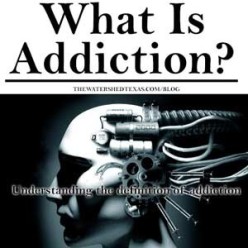
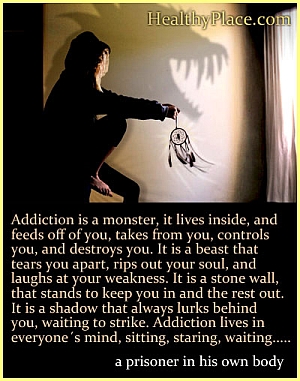
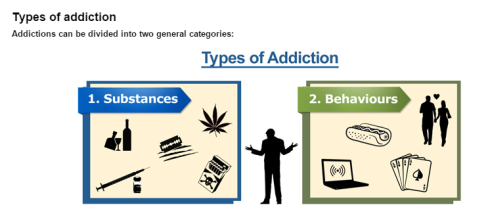
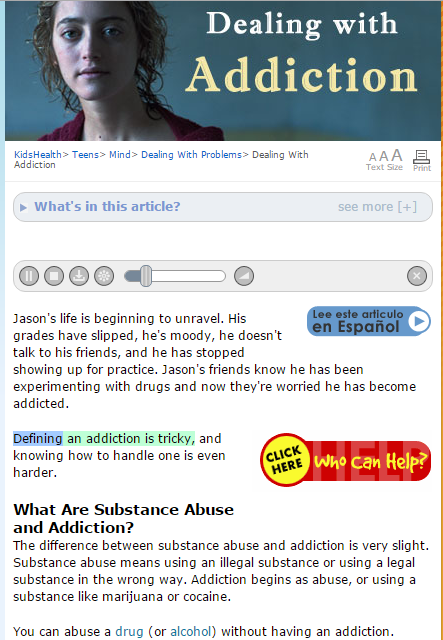
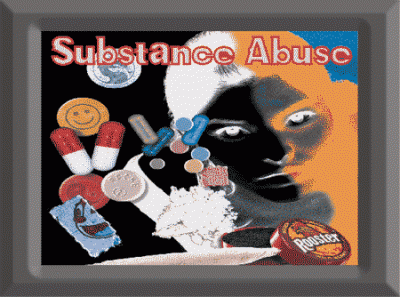
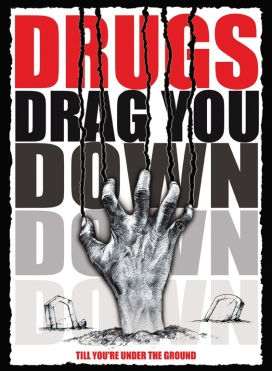

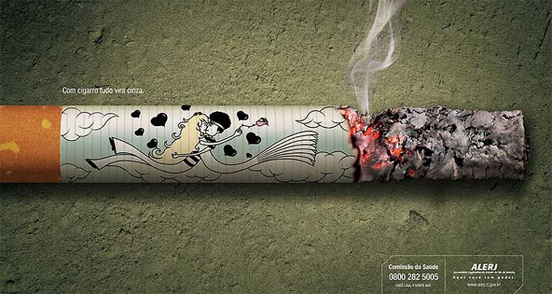

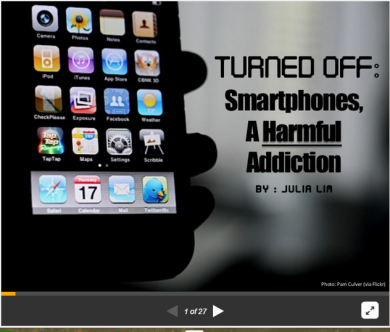

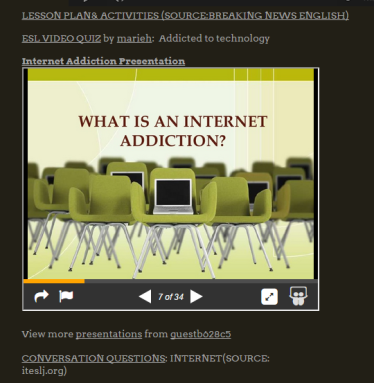
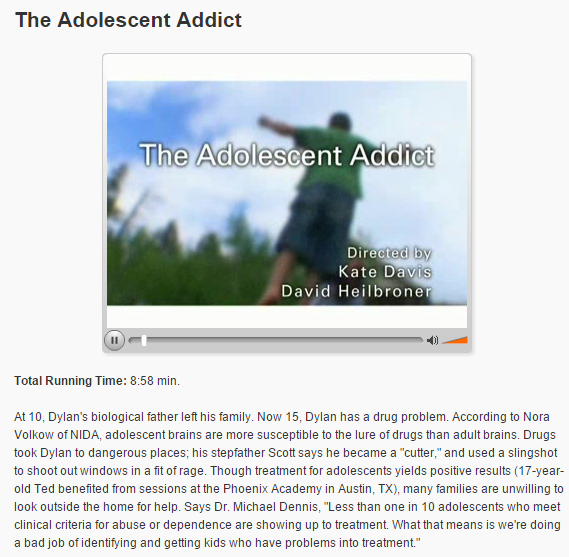
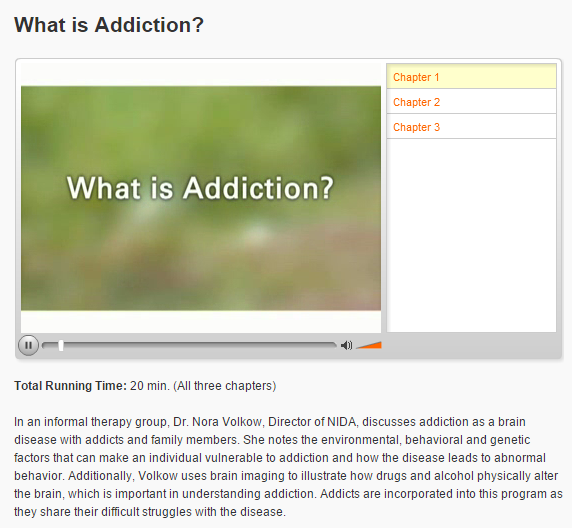
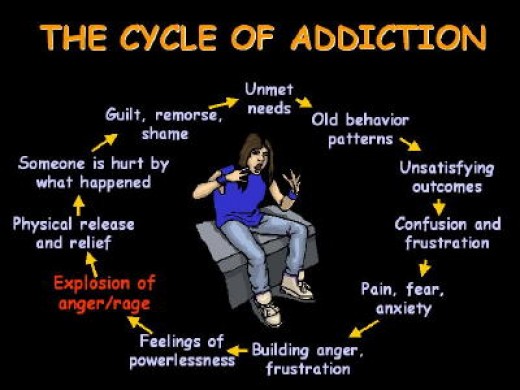



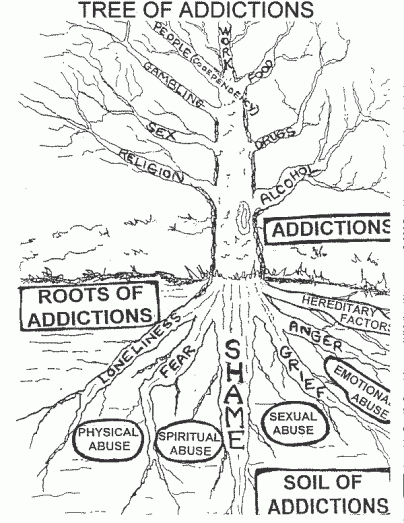
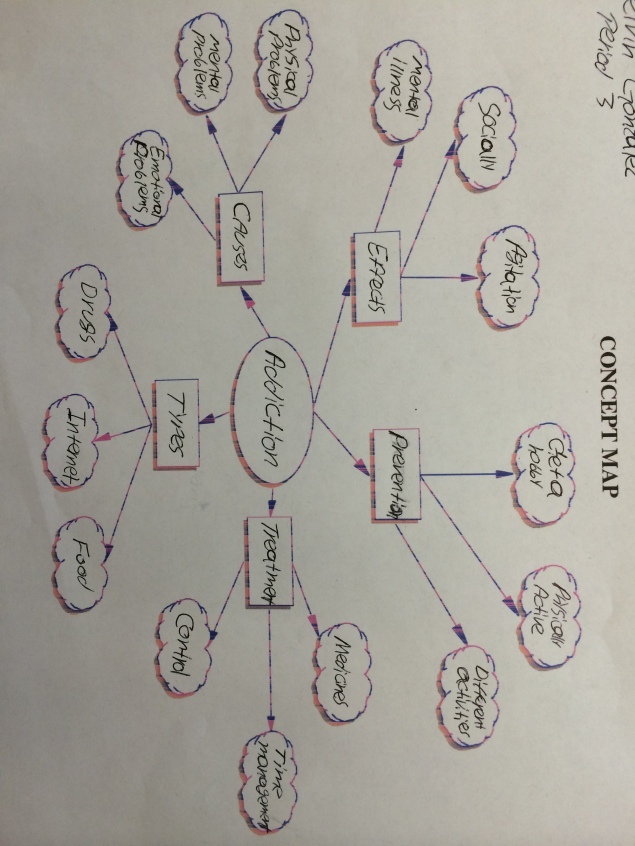

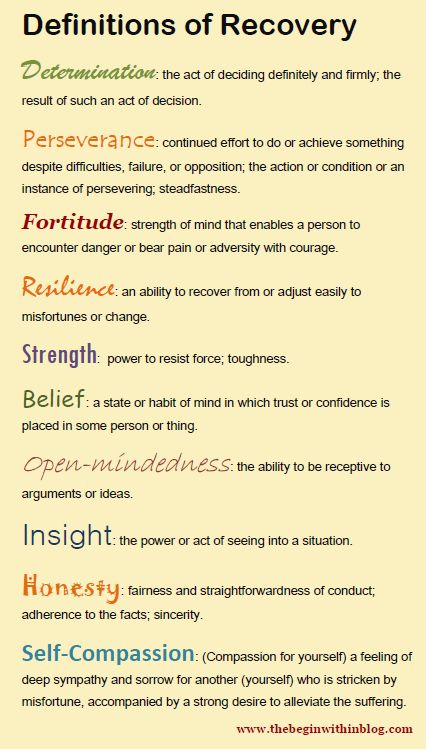
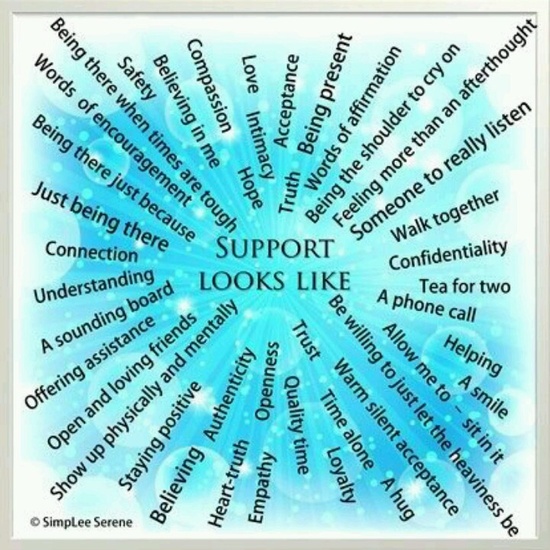
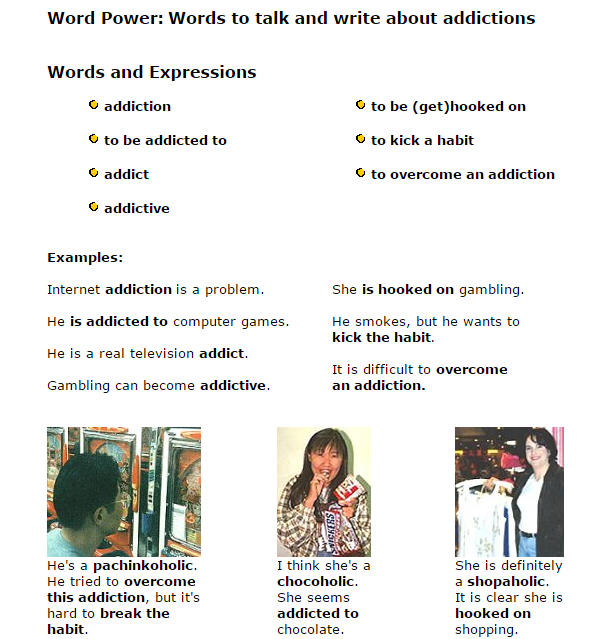
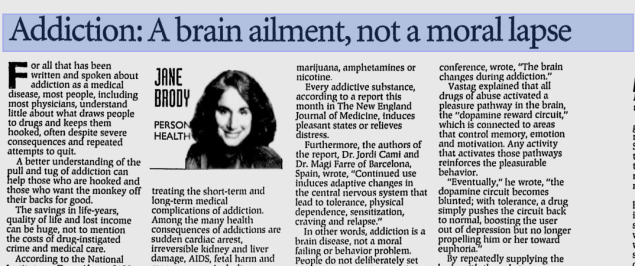

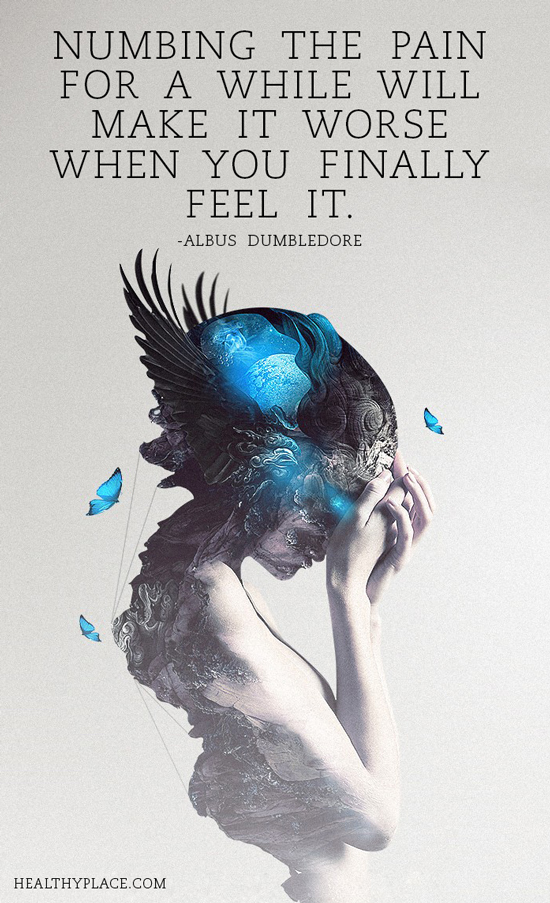
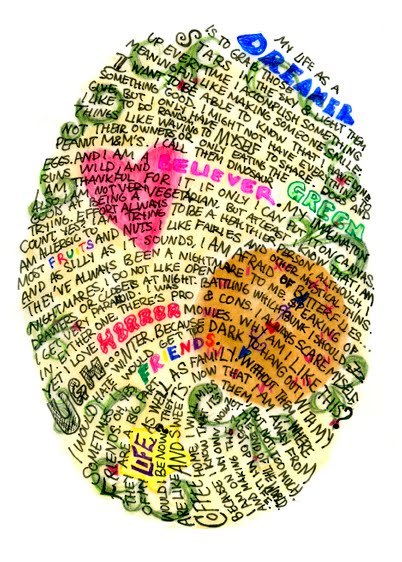















Got something to say? Go for it!